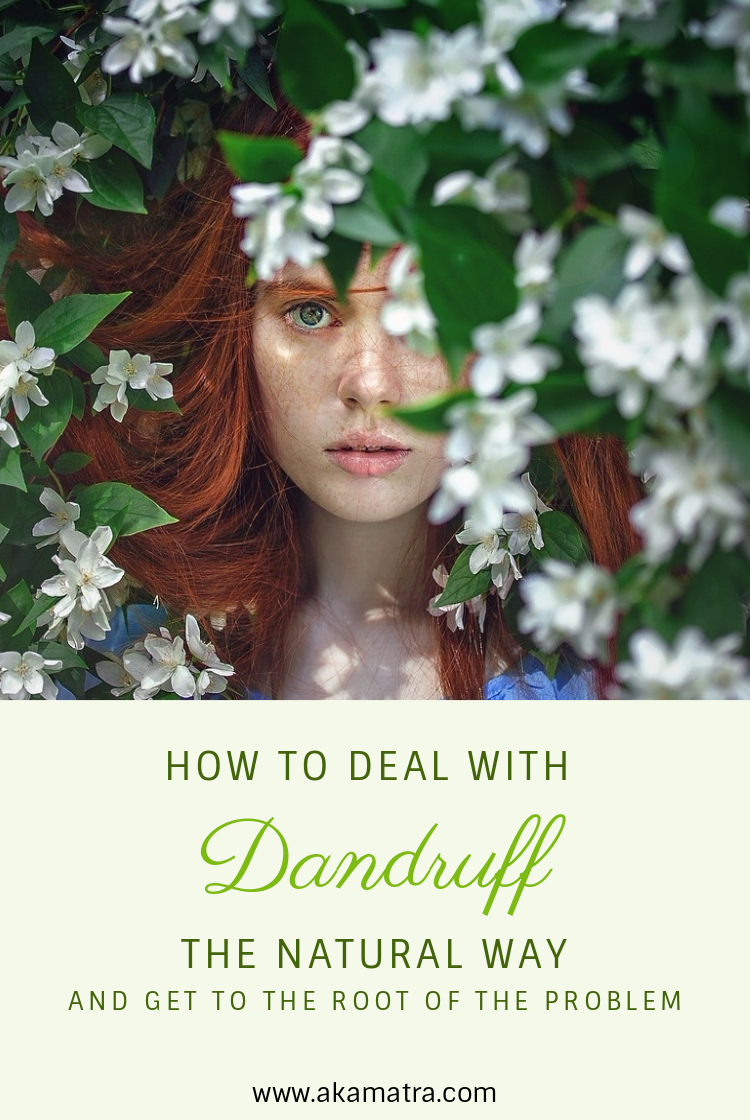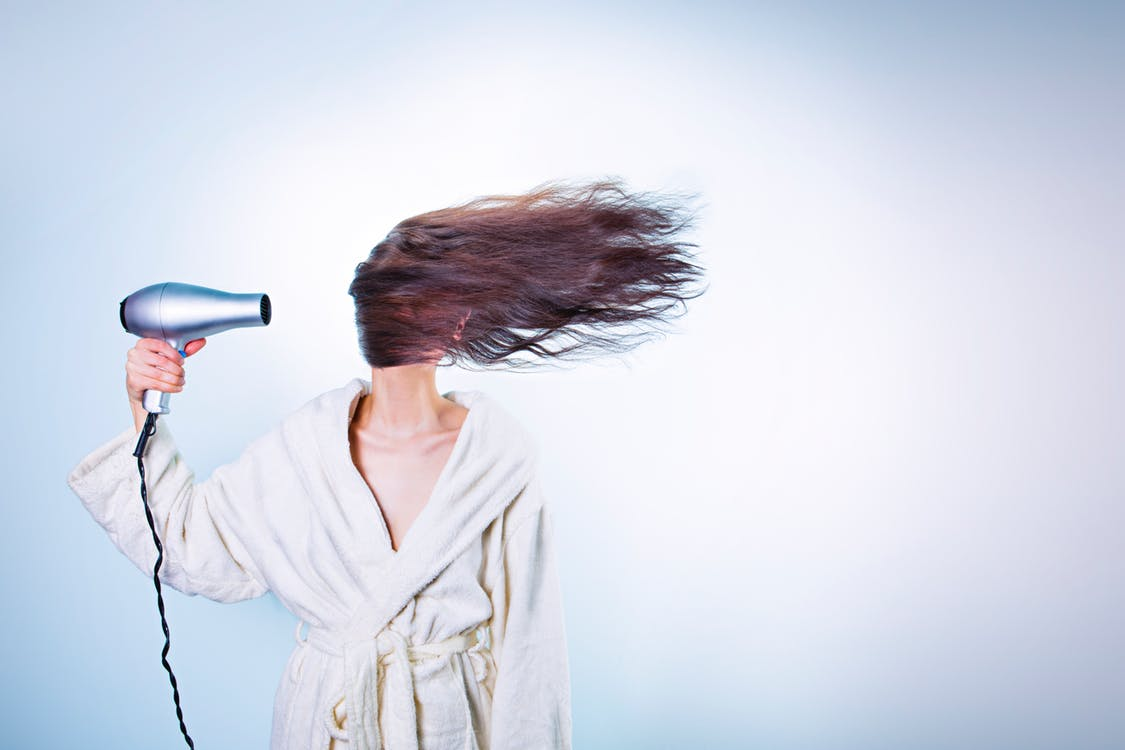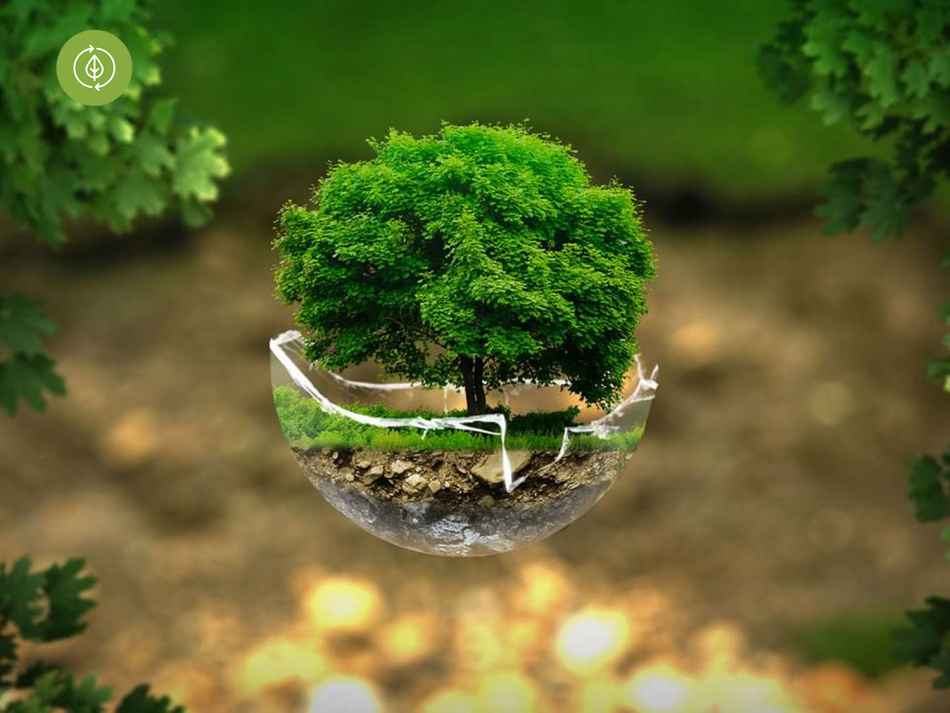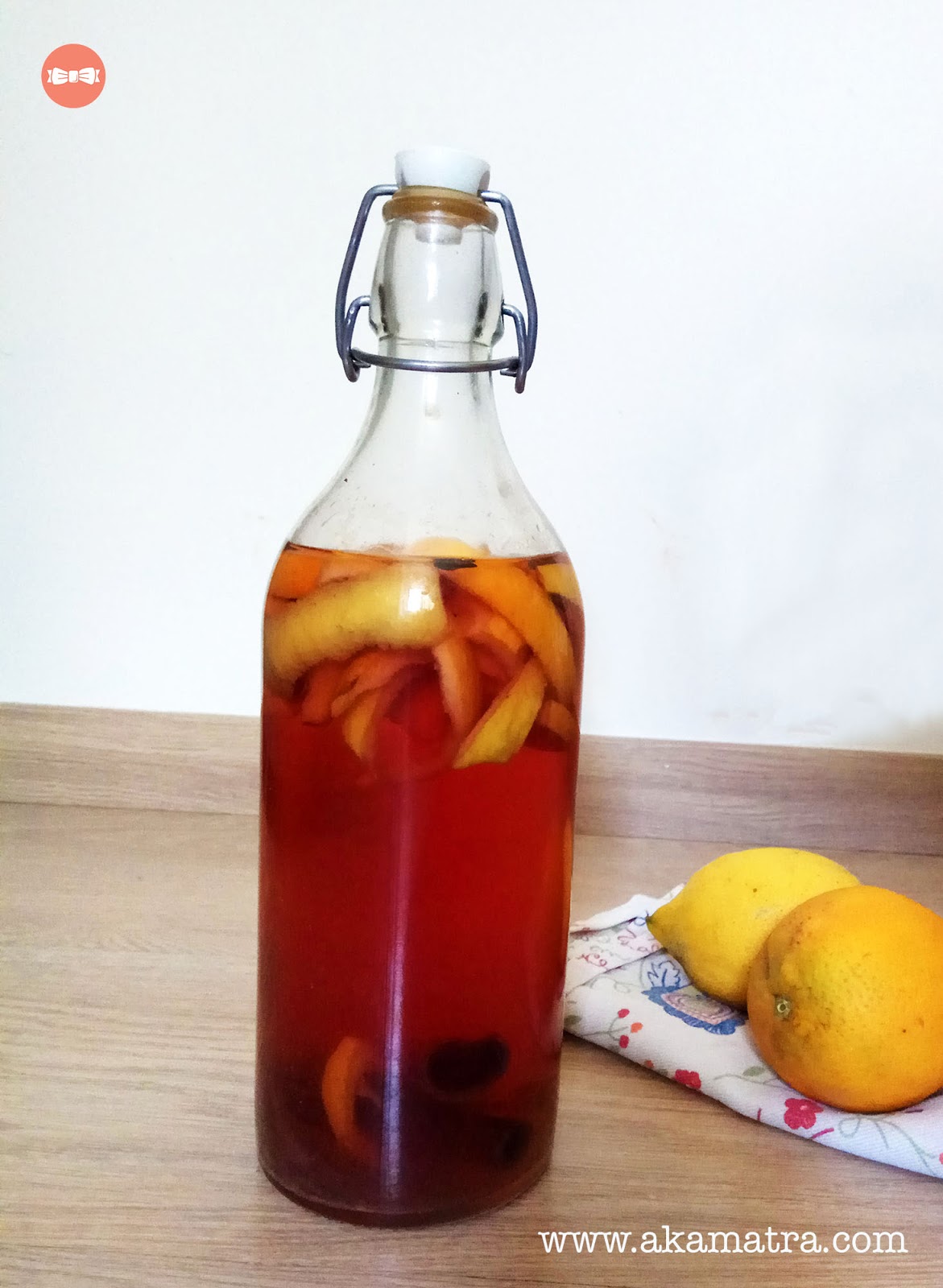Hello darlings!
Nick has it, I have had it from time to time and I bet many of you have it too! Dandruff is one of the most common hair issues around. To some people, it seems like you can’t take a step outdoors without those little bits of white falling from above. In most cases, dandruff isn’t readily noticeable, but once you have it, you don’t stop noticing it. You might start becoming less willing to take a step outside simply because you’re afraid everyone else will notice it. Well, it’s time to stop being afraid of dandruff. Get to the source of the issue and stamp it out for good as naturally as possible!
Confirm what you’re dealing with
First, you have to be aware that dry scalp and dandruff aren’t necessarily the same thing, even if they are both dealing with small pieces of dead skin that get stuck in and fall from your hair. They share some of the same characteristics, causes, and treatments, but there are sometimes specific medical issues behind dry scalp that can be better treated directly once you know what you’re dealing with. If you have any inflamed skin, itchiness or irritation, or larger pieces of residue falling from your head, you might need a dry scalp shampoo instead. Talk to your doctor or dermatologist to figure out what the exact situation is and you’re much more likely to find an exact cure, too.
Take a drink
Both dry skin and dandruff can be caused by dehydration. When our bodies don’t have enough water, it’s only natural that parts of us should start to get dryer, including our skin. Besides eating more fruit and veggies in order to get more water, you can also take steps to hydrate your hair directly. Hair masks and hair gels can not only hydrate but supplement your scalp with ingredients like vitamin A that can also help with other issues like hair loss. Moisturizing shampoo and deep conditions are essential steps to keeping the head hydrated as well. On the other hand, hair dryers and flat irons have been shown to dehydrate the hair as they dry them, so try drying naturally from now on.
Build better habits
There are a lot of little habits that can affect the health of your hair beyond of how you dry it, as well. The hair and the scalp are just as prone to overall health changes as the rest of our body. For instance, the use of birth control medication or other hormonal changes have been known to cause a lot of issues with our hair. Poor eating habits are another cause of dry scalp and dandruff. Even short-term habits like going to bed with wet hair or not washing your hair thoroughly have been shown to lead to more dandruff the next morning. Changing your diet, looking at alternative birth control options and going to bed with dry hair could make some difference in how much dandruff you encounter but do be aware there may be a more direct cause so it’s still worth treating directly, too.
It's about what you put in it
Everyone should be a little more skeptical of which hair and beauty products they use most regularly. Just as the right ingredients can help give our hair the nutrition it needs, the wrong ingredients can dehydrate, inflame, and otherwise bother the balance of our scalp. When choosing hair products, it’s worth knowing a few ingredients that can harm your hair and scalp. Parabens, alcohol and formaldehyde have all been shown to have negative effects and should be avoided at all costs. My personal rule of thumb is, if you don't use it on your baby, don't use it on yourself! Know what to avoid, as well as what to use with your hair.
Seasonal blues
A lot of people don’t like when the days start getting shorter, the weather colder, and the months darker. If you have dandruff or dry scalp, then you are probably going to hate winter more than anyone because it seems to be the season that exacerbates your issues the worst. Take extra special care of your hair in the colder months. The mix of harsh cold and then the intense heat often found indoors during winter can dehydrate your scalp even further. Take steps to lock in more moisture, such as scalp massages, hydrating hair masks, and hair lotions. Unfortunately, there’s no way to stop winter from happening so you simply have to mitigate its effects as best as possible instead.
Mind your head
Both dandruff and dry scalp are also shown to have some links to our mental and emotional health, as well. Stress and anxiety cause all sorts of physical changes. They’re not just in our head, they affect our hormones, with the stress hormone cortisol causing all kinds of physical issues, from back pain to extra dandruff. Beyond treating the physical condition, it’s worth taking a look at what might be stressing you out, as well. It might sound simplistic, but stress relief tools like meditation, breathing exercises, and yoga can do a lot of good not just for your head but for your hair, too.
Don’t overdo it
If you like to take care of your hair and ensure it always looks its best, then you might have a whole arsenal of tools and products to maintain its luster. But sometimes you can do a lot more harm than good with a thorough routine. Overstyling your hair can potentially cause problems. There are some oils in common products that can produce lipids, which feeds the yeast that can cause dandruff. Cut back on the mousses, the hair sprays, and styling gels until you have the dandruff problem under control. It may mean getting a little more creative with how you style yourself.
It’s important to always stay aware of the difference between dandruff and other types and causes of dry scalp. There are multiple causes and ways to treat each, so it can take a little time to find the steps that make the most effective change for you. But doing nothing about it isn’t going to help, so start by taking action and trying the most common remedies now.
Lots of love
















